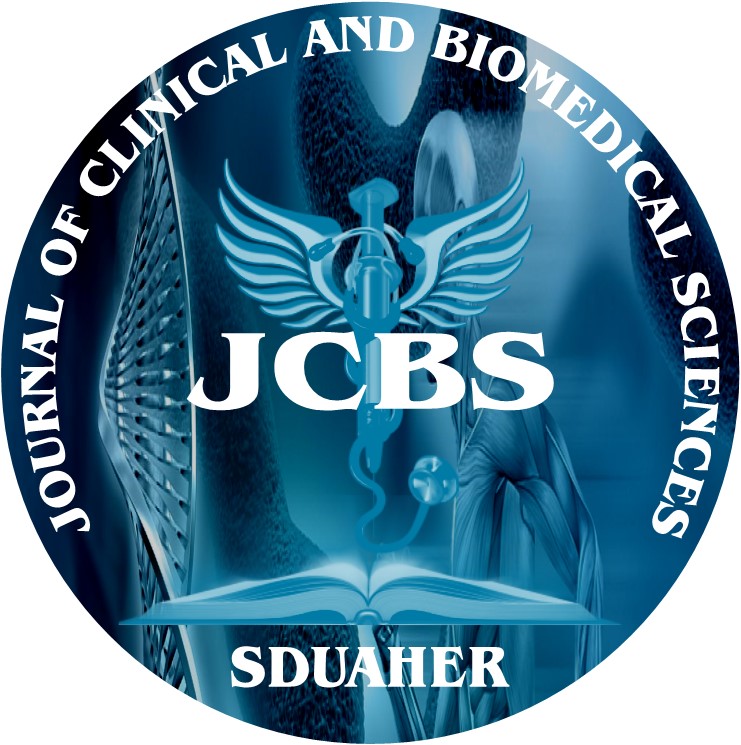


Journal of Clinical and Biomedical Sciences
DOI: 10.58739/jcbs/v15i3.24.261
Year: 2025, Volume: 15, Issue: 3, Pages: 222-230
Original Article
Rajput Ankita1, Chadha Lisa2∗, Kulpooja 3
1M.Sc. Nursing student, Faculty of Nursing, SGT University, Haryana, India
2Nursing Tutor, All India Institute of Medical Sciences, Vijaypur, Jammu & Kashmir, India
3Associate professor, Faculty of Nursing, SGT University, Haryana, India
*Corresponding Author
Email: [email protected]
Received Date:25 December 2024, Accepted Date:03 March 2025, Published Date:26 September 2025
Background: Despite significant progress in the past decade, many countries still struggle to ensure the survival, health, growth, and neurological development of preterm and low-birth-weight infants. New mothers often face numerous challenges when caring for their delicate newborns. Material and Method: A quasi-experimental research design was employed, utilizing a non-equivalent pretest-posttest approach. The researcher used a purposive sampling technique to recruit 62 mothers of low-birth-weight babies, who were then divided into two groups: 31 mothers in the control group and 31 mothers in the experimental group. The control group received no intervention, while the experimental group received knowledge through an information module on kangaroo mother care. Results: In the pretest, the majority (90.3%) of the control group had inadequate knowledge, while (19.4%) of the experimental group had moderate knowledge. In the post-test, the majority (87.1%) of the control group still had inadequate knowledge, but (83.9%) of the experimental group had adequate knowledge. A statistically significant improvement in knowledge scores in the experimental group (from 5.90 ±1.75 to 12.00 ±1.50), compared to a minor increase in the control group (from 5.35 ±1.68 to 5.83 ±1.71) after the implementation of the informational module in the experimental group. There are no significant associations between knowledge scores and socio-demographic variables ( p≤ 0.05). Conclusion: The information module regarding kangaroo mother care significantly improved knowledge and maternal attachment among postnatal mothers. This underscores the effectiveness of targeted educational interventions in enhancing maternal care practices for preterm and low-birth-weight infants.
Keywords: Information module, Kangaroo mother care, Low-birth-weight babies, Maternal attachment, Postnatal mother, Pre-term baby
This is an open-access article distributed under the terms of the Creative Commons Attribution License, which permits unrestricted use, distribution, and reproduction in any medium, provided the original author and source are credited.
Published By Sri Devaraj Urs Academy of Higher Education, Kolar, Karnataka
Subscribe now for latest articles and news.